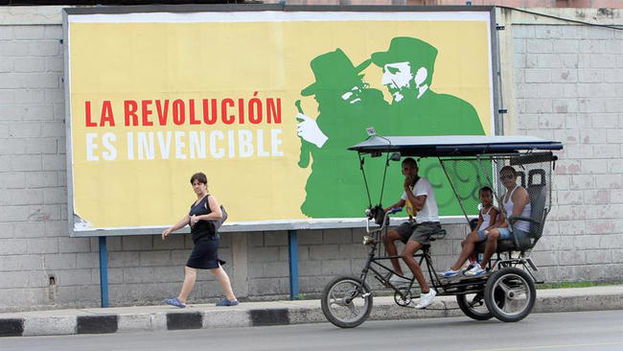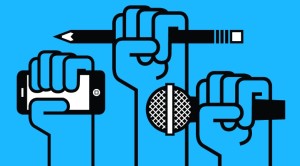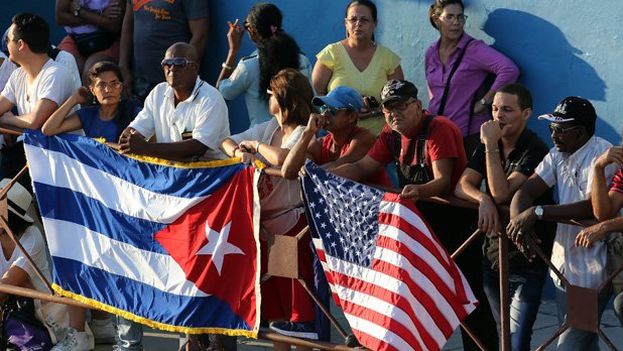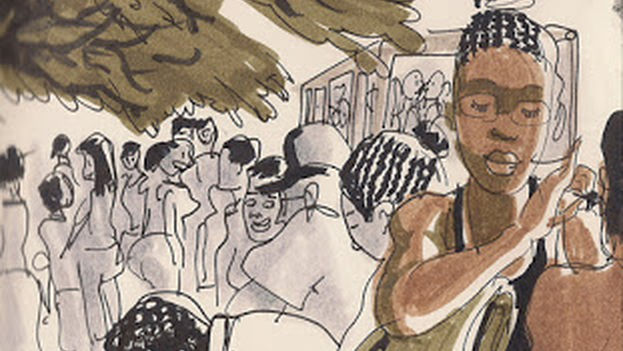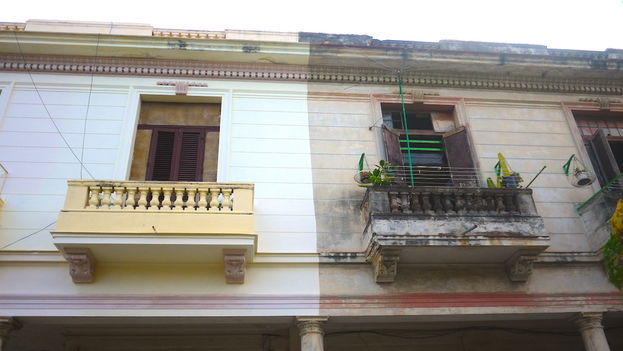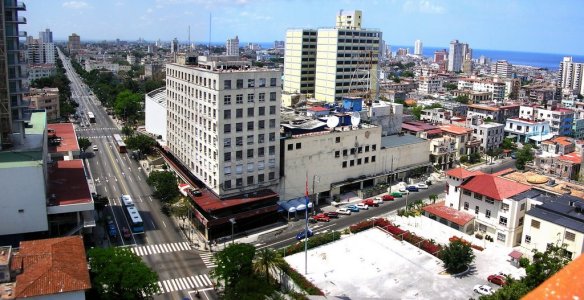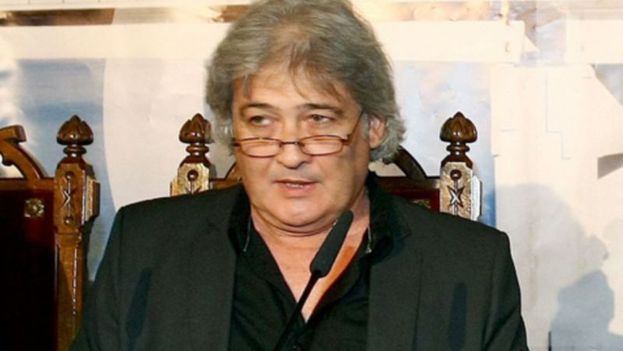
14ymedio, Regina Coyula, Havana, 10 February 2016 – The Uruguayan journalist Fernando Ravsberg has spent years living in Cuba. But after reading his article Uncle Sam’s Cuban Cousins, and pondering it, I think what happened to Ravsberg in Cuba is the same thing that happened to the “disoriented Swede in Burundi” he references in his article.
One finds errors in his article that are the fruit of original sin, because the journalist, despite his close following of national events, speaks of the opposition as a whole; it is never appropriate to speak in phrases such as, “this group,” or “the project opponents.” This is serious because Ravsberg’s blog is not censored in Cuba, many subscribe to it by email, and a reading of the article in question gives the false conclusion that the entire dissidence acts under the umbrella of the United States government although, according to his own words, this same dissidence, in a total contradiction, is trying to boycott the normalization of relations promoted by its master. continue reading
The whole article conveys the desire to see one part of the whole. The author’s antipathy toward the dissidence would not worry me if it were not that, as a communicator, he contributes with his opinions to confusing an already badly informed populace.
The journalist says that, “To sit at the negotiations table with the government, one needs be a real political force.” He does not recognize any dissenting voice as having rights, and ascribes to them a lack of legitimacy for supposedly acting as scribes for Washington. But Ravsberg is not candid and must know that no dissenting voice has been able to make itself heard, even when it respects legally established procedures.
When Oswaldo Paya tried to move forward the Varela Project – respectfully, autonomously, following the law, visible thanks to Jimmy Carter mentioning it in the Great Hall at the University of Havana, live and to the press – the government’s response was to ignore the initiative submitted to Parliament and, with an open collection of signatures under its own sponsorship, to modify the Constitution to make socialism an eternal system. But also eternal was its friendship with the Soviet Union and, like that one, there are other eternities that come to an end.
Most of the dissidents are not old enough to dream, as Ravsberg suggests, of “an invasion by the Marines,” nor suicidal enough to support “a blockade that would bring their compatriots to their knees through hunger.” I don’t know a single person who sympathizes with terrorism, but it seems inconceivable to me that a journalist who pretends to be knowledgeable about Cuban issues doesn’t know that even the “enemy” press has been cited on the Roundtable TV program in talking about the scandal of the misuse of money to “buy democracy in Cuba,” those 20 million dollars the author mentions in passing to make the unaware reader believe that this hard cash comes to Cuba year after year.
“To lose touch with reality can prove catastrophic in politics,” Ravsberg warns us. No sir, it IS catastrophic. For journalism as well, but that often happens in countries like ours when you don’t ride the bus, when you have someone who does your shopping for you, and you live in a bubble of functionaries, artists, entrepreneurs and other characters who always know someone who knows someone…
On the other hand, offering the Cuban government solidarity and support for 40 years, or for 25, is to ignore the harvest of failures, the mismanagement and corruption that has nothing to do with a “blockade” or an imperialist threat, but rather one that has left a people exhausted and unbelieving and led to an emigration among young people higher than ever recorded.
Not all dissent is manifested by marching in the street or opening a blog; the visa lottery, crossing the Florida Straits and the immigration crisis in Central America are other forms of dissent, and the most popular, of course.
Reading Uncle Sam’s Cuban Nephews leaves me curious to know how the author believes the opposition to an authoritarian government should behave, when even civil society associations for protecting animals or the environment are suspect if they are not sponsored by the State, and promoting opposition candidates in the neighborhood Assemblies of Peoples Power unleashes an enormous operation by State Security.
Barack Obama will decide to meet with all, or with a part, or with no opponents to the government, but I am sure that he will come with a clearer idea of the Cuban dissidence than that held by Fernando Ravsberg.

